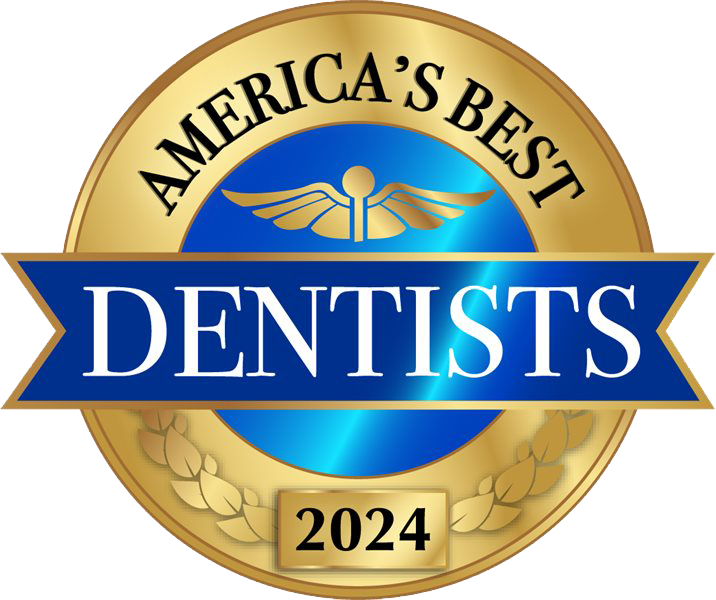Blog Layout
Risk Factors For Your Oral Hygiene – At Any Age
Cherrywood Dental • Dec 15, 2017
As you grow and evolve in life, so do the potential risks for causing harm to your teeth. Find out what the main risks are to avoid dental decay at every stage of life.
Negative Impacts On Baby’s Teeth
From the moment your child was born, you have done everything in your power to ensure they are living a healthy and happy life. Make yourself aware of the common threats to your child’s teeth and give your toddler a chance to stay cavity-free while developing strong teeth.
Baby Bottle Decay.
Your baby’s bottle may be a symbol of comfort and nurturing, but after a certain age the bottle may be doing more harm than good. While it’s perfectly safe for your tot to use their bottle during the day, falling asleep while sucking on the bottle is harmful to their developing teeth. Remaining milk in the mouth causes tooth decay throughout the night.
Pacifiers and Thumb Sucking.
Crooked teeth can happen from some unavoidable causes such as genetics, but others can be easily prevented. If your toddler continues to use a pacifier after the age of four, or sucks their thumb as a way of comfort, they’re at risk for changing the alignment of their front teeth. Help them quit these habits early on to avoid braces down the line.
Sippy Cups.
Transitioning to a sippy cup and away from the bottle is a milestone all parents are happy to see. Selecting the right type of sippy cup is just as important as filling the cup with nutritious liquids that don’t cause early tooth decay. Offer your child water over sugary juices, and if they do drink juice, have them rinse their mouth with water afterwards.
Proper Care For Young Children
Even though your child’s baby teeth do eventually fall out, baby teeth play an important role in helping your child eat, speak correctly, and also save space for the important permanent teeth helping guide them into the correct placement.
Properly care for your child’s teeth from the very beginning by:
- Scheduling a dental checkup for your baby by their first birthday
- Wiping your child’s gums with a clean, damp washcloth as an infant
- Brushing your child’s teeth twice a day with a soft bristled toothbrush and water
- Introducing a fluoride-free toothpaste to your child if under the age of two
- Once your child learns to properly spit, begin using a fluoride toothpaste as part of your brushing routine
- Avoiding sugary snacks and drinks in your child’s diet
Adolescents and Negative Impacts On Their Oral Health
Transitioning into the teenage years comes with many new body changes and your child’s oral health is one of them. Teens often place a low priority on maintaining good daily oral hygiene and contributing factors are:
Dietary Habits.
Tooth decay is the most common childhood disease among youth 6 to 19 years old. Poor eating habits that contribute to tooth decay include frequent snacking on refined carbohydrates, sugary snacks and sweetened beverages. Help your teen’s teeth fight back by ensuring your child has proper brushing habits that include using a fluoride toothpaste and dental floss.
Oral Piercings.
You may not be a big fan of your teen’s tongue ring or lip ring, and neither are their teeth. Oral health problems associated with oral jewelry include swallowed jewelry, speech impairment, fractured or chipped teeth, and gingival recession.
Smoking and Alcohol Consumption.
Along with other major health risks, there is an increased chance of developing cancer of the mouth with tobacco usage, and excessive consumption of alcohol. Negative dental outcomes are also linked to smokeless tobacco, such as gingival recession, periodontal disease and bone loss.
Dental Risks For Adults
The longest period of your life is the time you are an adult. You’re at a higher risk of developing oral health problems if you:
Use Tobacco Products.
Adults who use tobacco products, either smoking or chewing tobacco, have a higher risk of severe gum disease and tooth loss. Tobacco users are also at high risk of developing cancers of the throat, mouth, tongue or lips.
Have Poor Oral Hygiene.
Not properly brushing for a full two minutes, twice a day and flossing can cause tooth decay which left untreated can lead to tooth loss.
Have a Genetic Predisposition.
Unfortunately, some oral health problems may be genetic. If you have a close family member that experiences more tooth decay or gum issues, that same problem may run in your family.
Don’t Follow Healthy Diet and Nutrition Habits.
Not eating a balanced diet full of nutrients can have a negative impact on your oral health. If your diet consists of processed foods with refined sugars and carbohydrates, you are directly impacting your teeth in a negative way.
Perfect Your Oral Hygiene
Establishing good oral hygiene starts at the very beginning stages of life and never fades. Ask us how you can improve on your child’s oral health, or maybe even your own, at your next appointment.
© 2024
All Rights Reserved | Cherrywood Dental Associates
781-469-0771
301-973-6160
Website designed and maintained by Xpress, INC

